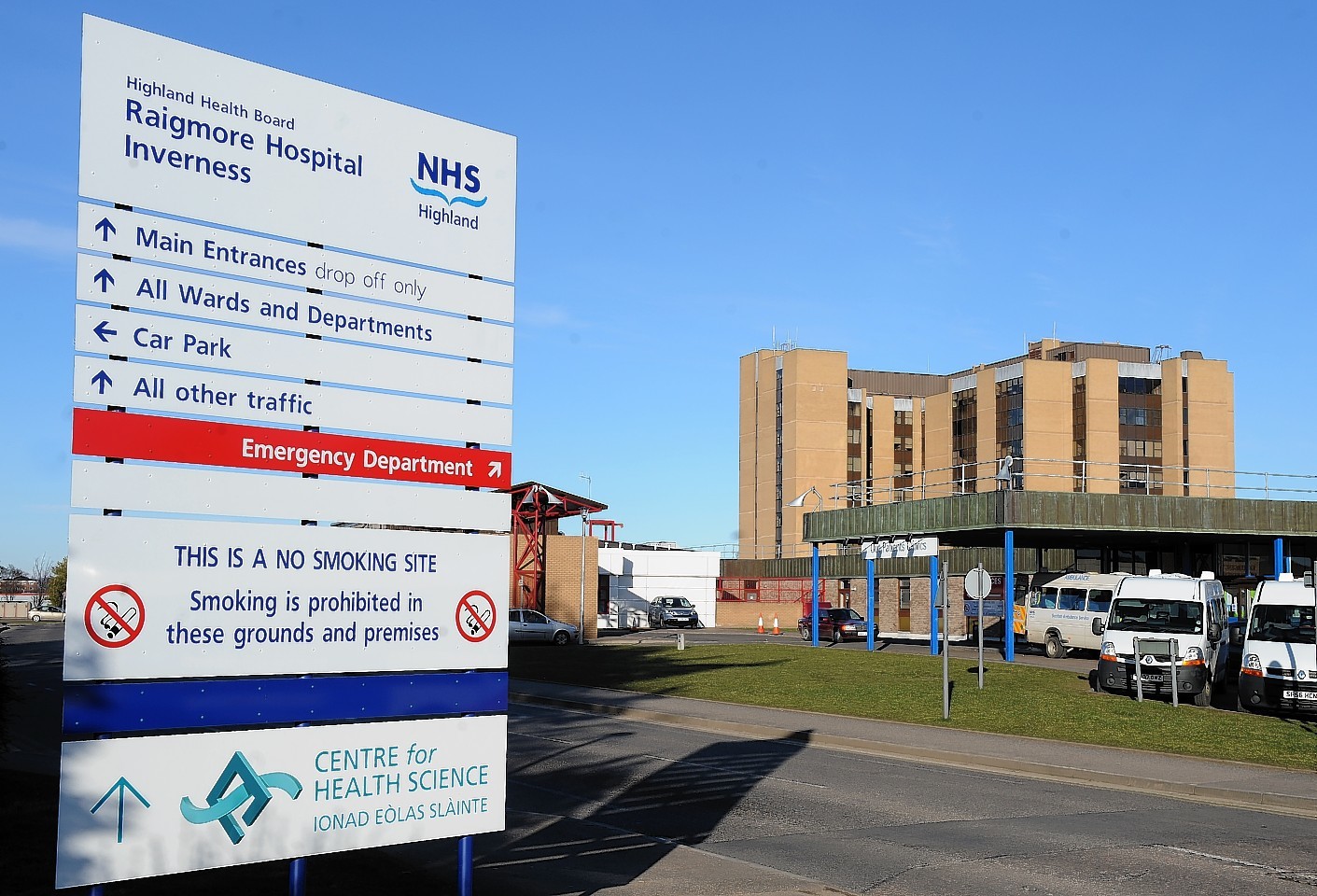Borrowing £2.5million from the Scottish Government to make ends meet this year means NHS Highland has to find savings of £22.4million in the next year, it has been revealed.
The north health board took a loan – known as brokerage – from the government to help it break even at the end of the 2013/14 financial year.
But repaying the money will mean it will have to tighten its belt even more than it had expected in 2014/15.
And Highlands and Islands Labour MSP Rhoda Grant said she could not see how the health board could make further cuts without it impacting on patient care.
She said: “NHS staff are saying they have never seen the NHS in such a bad place with lack of staffing and resources.
“All NHS boards are struggling so, if they have to make further cuts, that can only impact on patient care.
“NHS Highland has been having to find savings year and year so it is very difficult to see how they can make further savings.”
One of the main reasons the loan was needed was to finance an overspend of just over £9.6million at Raigmore Hospital in Inverness, predominantly due to increases in theatre costs, orthopaedic lists and cancer drugs.
Members of the NHS Highland board will consider the situation at a meeting in Inverness on Tuesday.
In a report to the board, director of finance, Nick Kenton, writes: “The need to obtain brokerage is clearly disappointing and emphasises the need for robust savings plans and controls, which deliver recurrent savings and reduce the board’s reliance on non-recurrent resource, which has grown in recent years.”
And he explains that the health board will have to start the three-year repayment scheme with a payment of £500,000 in 2014/15.
Mr Kenton says NHS Highland ended the year with an underspend of £72,000 by borrowing £2.5million from the government, an extra payment of £1million from Highland Council towards services for adults in the region and finding £1.6million by changing the way it accounts for its assets.
NHS Highland chairman Garry Coutts previously explained that the health board’s overspend had been caused by “a number of different things”, including paying for locums because they had been unable to fill consultant posts.
He said it was also due to expensive new drugs and equipment becoming available and the need to run extra clinics to meet waiting time targets.
